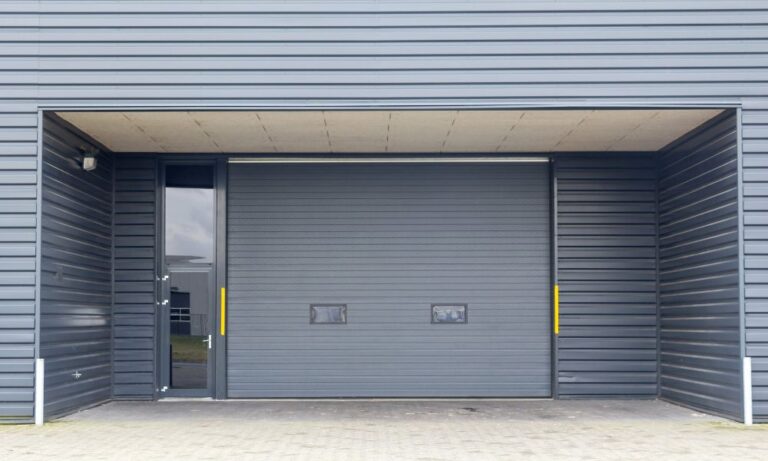
Purchasing commercial property is a significant investment, and making the right choice can greatly impact the success of your business or portfolio. Whether you’re a seasoned investor or new to commercial real estate, careful evaluation is crucial. In this guide, we’ll explore the key factors to consider before committing to a commercial property purchase, helping you make an informed decision.
Location and Accessibility
The location of a commercial property is one of the most important factors to consider. A prime location can attract more customers or tenants, drive higher sales, and potentially increase the property’s value over time.
When assessing a property, ask yourself:
- Is it located in a growing or established area?
- How accessible is the property for customers, clients, or employees?
- Is there ample parking or nearby public transport options?
- Are there any nearby competitors that could impact business?
In regional areas such as Bendigo, for example, it’s essential to evaluate the growth potential of the area. Look for signs of future development, such as infrastructure projects or new businesses, which can indicate an increase in demand for commercial real estate in Bendigo.
Zoning and Permits
Understanding the zoning regulations of a commercial property is critical – zoning laws dictate what kind of businesses can operate in specific areas. Before purchasing, ensure that the property is zoned for your intended use.
Research questions include:
- Is the property zoned for commercial use?
- Are there any restrictions that could limit your operations or future expansion?
- Will you need to apply for special permits to operate your business?
Be sure to verify any planned changes to local zoning laws, as this could impact the long-term viability of your investment.

Building Condition and Maintenance
The physical state of the property is another key consideration. Older properties might require significant renovations or ongoing maintenance, which can affect your return on investment. A professional building inspection can help you understand the current condition of the property and estimate future costs.
Key areas to evaluate include:
- The condition of the roof, plumbing, and electrical systems.
- Whether there is asbestos or other hazardous materials present.
- Any structural issues that could lead to expensive repairs.
Factor these costs into your overall budget before making a final decision.
Financial Performance and Potential
Evaluating the financial performance of a commercial property involves analysing both its current income and its potential for future earnings. Whether you’re planning to lease the property or operate your own business, it’s important to understand its financial viability.
Consider:
- Current rental income, if applicable.
- Vacancy rates in the area.
- Potential for rental increases.
- Comparable property values and market trends in the area.
You might consider consulting with a local real estate expert who understands the area’s unique market dynamics.
Market Trends and Future Growth
The commercial property market is subject to fluctuation, influenced by broader economic conditions, local developments, and industry-specific trends. Investigating current and future market trends in the area can help you assess whether a property is a sound investment.
Questions to explore include:
- Are property values in the area increasing or declining?
- Is there significant growth in nearby industries that could boost demand for commercial space?
- What is the forecast for rental yields and capital growth in the area?
By considering both the current and potential future performance of a property, you’ll be better equipped to make a strategic investment decision.
Lease Agreements and Tenant Profiles
If you’re purchasing a property with existing tenants, it’s important to review the lease agreements and tenant profiles. A long-term, stable tenant can provide reliable income, while high turnover or poor tenant management can be a risk.
Evaluate:
- The length and terms of current lease agreements.
- The financial health of the tenants.
- Whether the tenants’ businesses are likely to succeed in the long term.
This insight will help you understand the property’s cash flow stability and its potential as a long-term investment.
Legal and Tax Considerations
Purchasing commercial real estate involves a range of legal and tax obligations. It’s essential to work with a qualified solicitor and accountant to ensure you fully understand the tax implications and any legal considerations related to the property.
Important aspects to review include:
- Property taxes and GST.
- Stamp duty and other upfront costs.
- Any legal disputes or outstanding issues related to the property.
Getting professional advice in these areas will ensure you avoid costly surprises down the track.
Ready to get started?
Evaluating a commercial property before purchase is a complex process that involves balancing location, financial performance, market trends, and legal considerations. By carefully assessing each of these factors, you can make a well-informed decision that aligns with your business goals or investment strategy.







